Following the deaths of four Pakistani students in a local conflict in Kyrgyzstan, over 1,200 Bangladeshi students studying in the country's public and private medical schools are living in extreme fear. The Kyrgyz administration has reportedly remained silent on the issue, exacerbating the concerns of these international students.
While students at government medical institutions appear to be relatively safe, the more than 900 students enrolled in private medical schools are facing severe threats. Many are under a form of house arrest and are struggling to obtain food.
The tensions in Kyrgyzstan have left foreign students, particularly those from Bangladesh, India, and Pakistan, living in constant fear. The violence that erupted last Monday, which resulted in the deaths of Pakistani medical students, initially involved Egyptian students and later expanded. Local Kyrgyz individuals reportedly stormed various private medical college campuses, assaulting students.
Despite the escalating violence, the Kyrgyz administration has not taken decisive action to address the safety of international students. There are approximately 1,200 Bangladeshi students in the country, along with about 15,000 students from other nations, including India and Pakistan. The governments of these countries have advised their students to remain indoors and exercise caution.
One Bangladeshi student described the dire situation: "There is a lot of fighting and trouble. Students of our country are dying. We are trying to contact the embassy. But no one is picking up the phone. I don't know what to do now. We are afraid to step out of the house."
The lack of a Bangladeshi embassy in Kyrgyzstan has compounded the difficulties for the affected students, who have been attempting to seek help from the Bangladesh embassy in neighboring Uzbekistan, but to no avail.
Meanwhile, Radio Free Europe has reported that Kyrgyz authorities have detained four students, though their nationalities have not been disclosed.
The ongoing crisis has highlighted the urgent need for intervention and support for international students in Kyrgyzstan, particularly from their respective governments and international bodies, to ensure their safety and well-being.




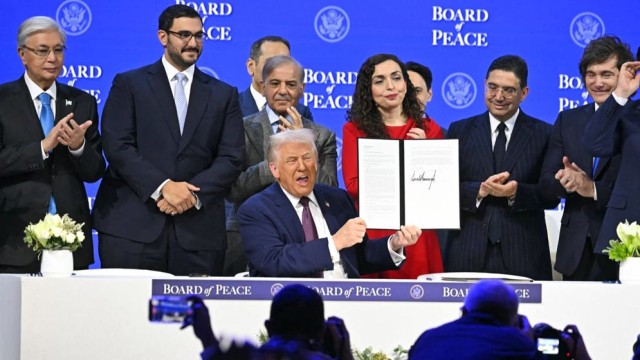

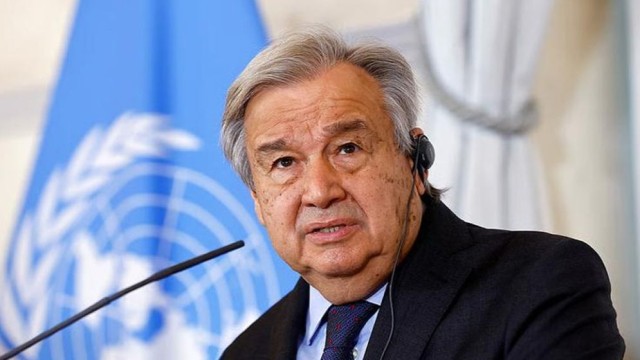
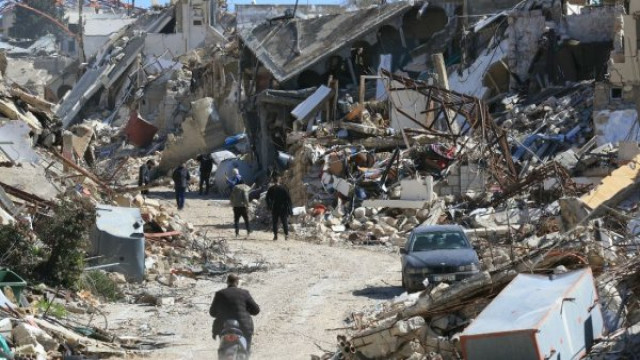

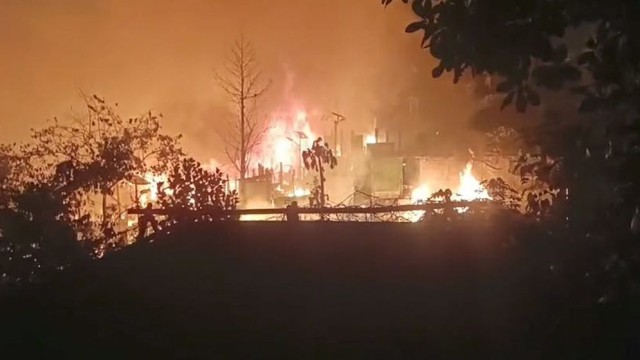
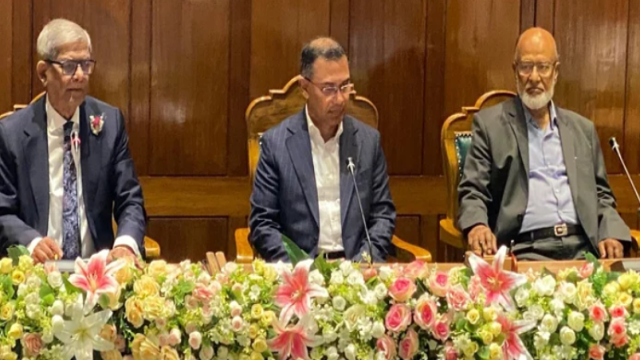





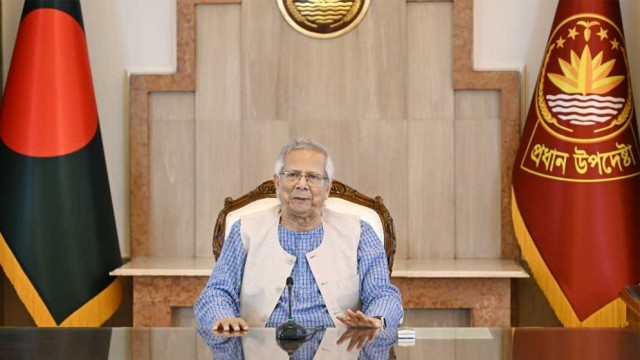
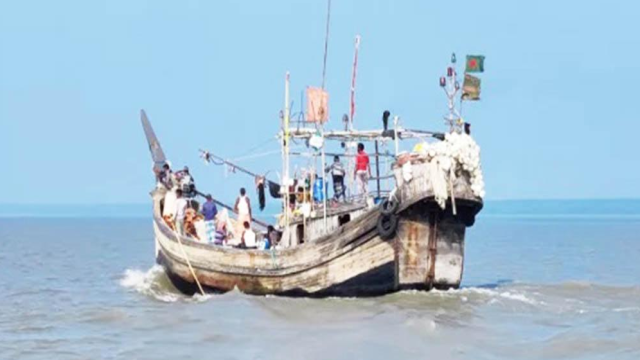
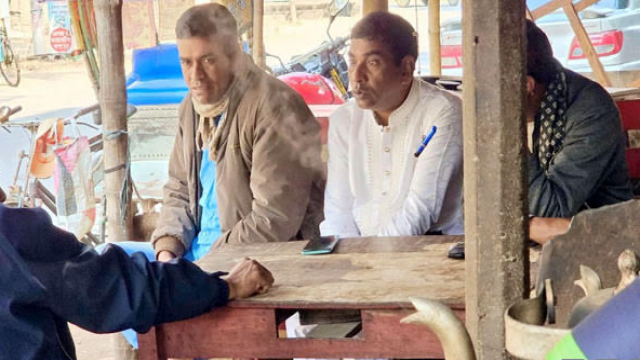












Comment: